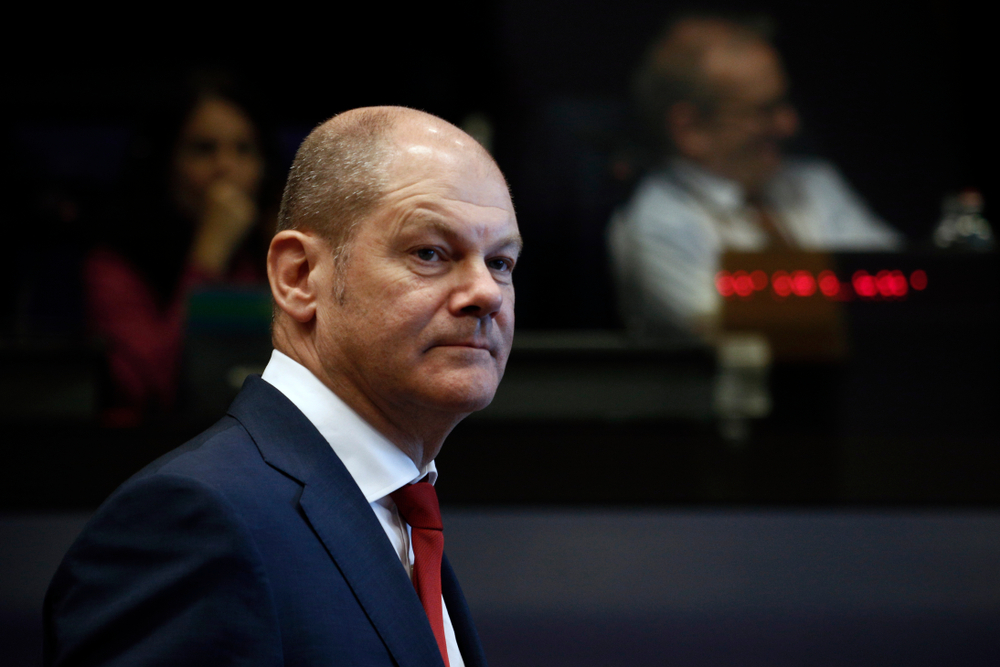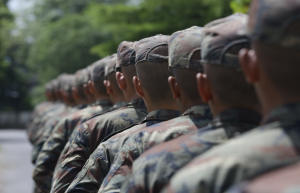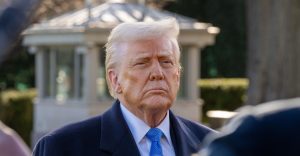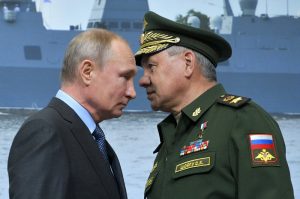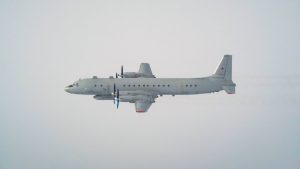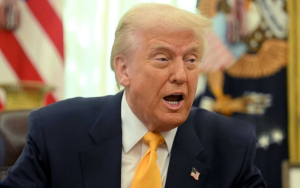Germany’s Refusal to Send Long-Range Missiles to Ukraine.
Others are reading now
In a firm stance that has marked Germany’s position on military aid to Ukraine amidst the ongoing conflict, Chancellor Olaf Scholz reiterated the nation’s refusal to supply Taurus long-range missiles to Ukraine. This decision stands in contrast to the actions of the UK and France, highlighting Germany’s cautious approach in the escalating situation.
Scholz’s Reasoning
Chancellor Olaf Scholz has maintained a clear line of refusal against sending Taurus missiles to Ukraine, despite increasing domestic pressure and urgent pleas from Kyiv. Scholz’s decision underscores a significant divergence from the military support strategies of allies like the UK and France, both of which have supplied Ukraine with their versions of long-range missiles.
The core of Scholz’s refusal lies in the concern over direct involvement in the conflict. According to Kyiv Post He emphasized, “German soldiers must not be linked at any point or place to the targets that this system reaches,” highlighting a principled stance against engaging in actions that could potentially lead to direct conflict participation.
Germany’s Contributions Amid Concerns
Despite its refusal to send Taurus missiles, Germany stands as the second-largest weapons donor to Ukraine, trailing only the United States. The German contribution includes air defense systems, tanks, combat vehicles, and artillery, significantly bolstering Ukraine’s defensive capabilities.
Also read
The reluctance to provide Taurus missiles stems from concerns over the potential use of these weapons to strike deep within Russian territory, given their capability to hit targets up to 310 miles away—double the range of missiles supplied by France and Britain.
The Broader Implications
As Ukraine continues to seek more ammunition and armaments to counter Russian forces, Chancellor Scholz’s steadfast refusal brings to light the complex considerations nations face in providing military aid. The decision not to send Taurus missiles, while controversial, reflects Germany’s cautious stance on escalation and its efforts to balance support for Ukraine with the avoidance of direct involvement in the conflict.
Scholz’s surprise at some allies’ willingness to escalate their involvement without considering the potential consequences of such actions underscores the delicate balance of international military support and the risks associated with increasing involvement in the war.

